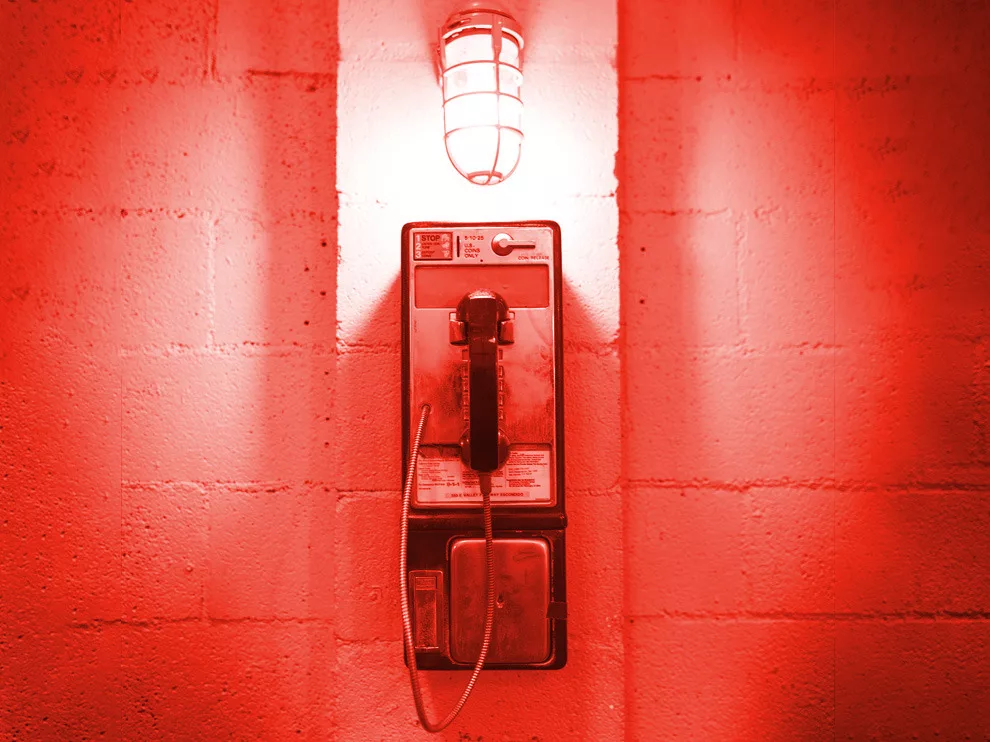
The Prison Telecom Free-For-All is Over
New rules from the Federal Communications Commission are putting the brakes on the prison telecom industry’s exploitative practices.

New rules from the Federal Communications Commission are putting the brakes on the prison telecom industry’s exploitative practices.

The prison telecom giant charges more than a million incarcerated people significant fees to contact their loved ones. But twice in one week, the service was down for long periods.
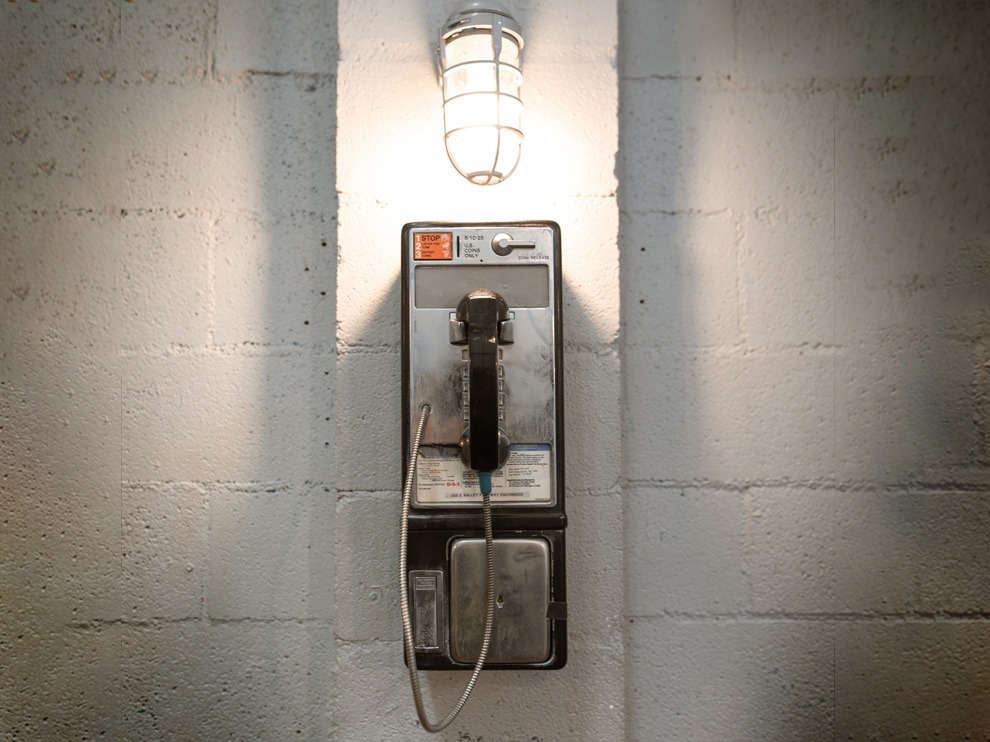
On the hook to repay $1.3 billion of debt this year, the nation’s largest prison telecom company, Securus, is on the verge of bankruptcy. Its failure would represent a remarkable victory for advocates—and a potential beginning of the end for the industry as we know it.
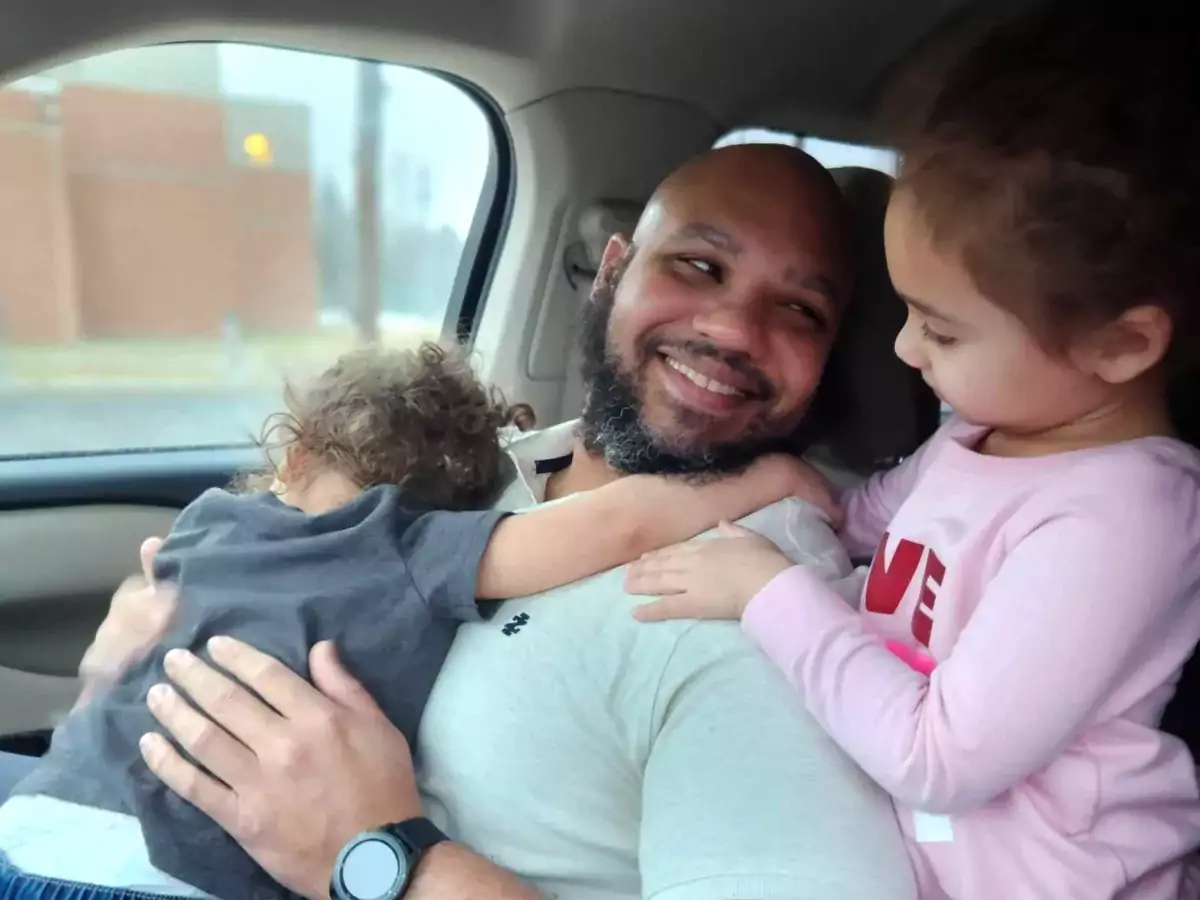
“That video visitation is going to work,” one Genesee County official reportedly said in 2012. “A lot of people are going to swipe that Mastercard and visit their grandkids.”
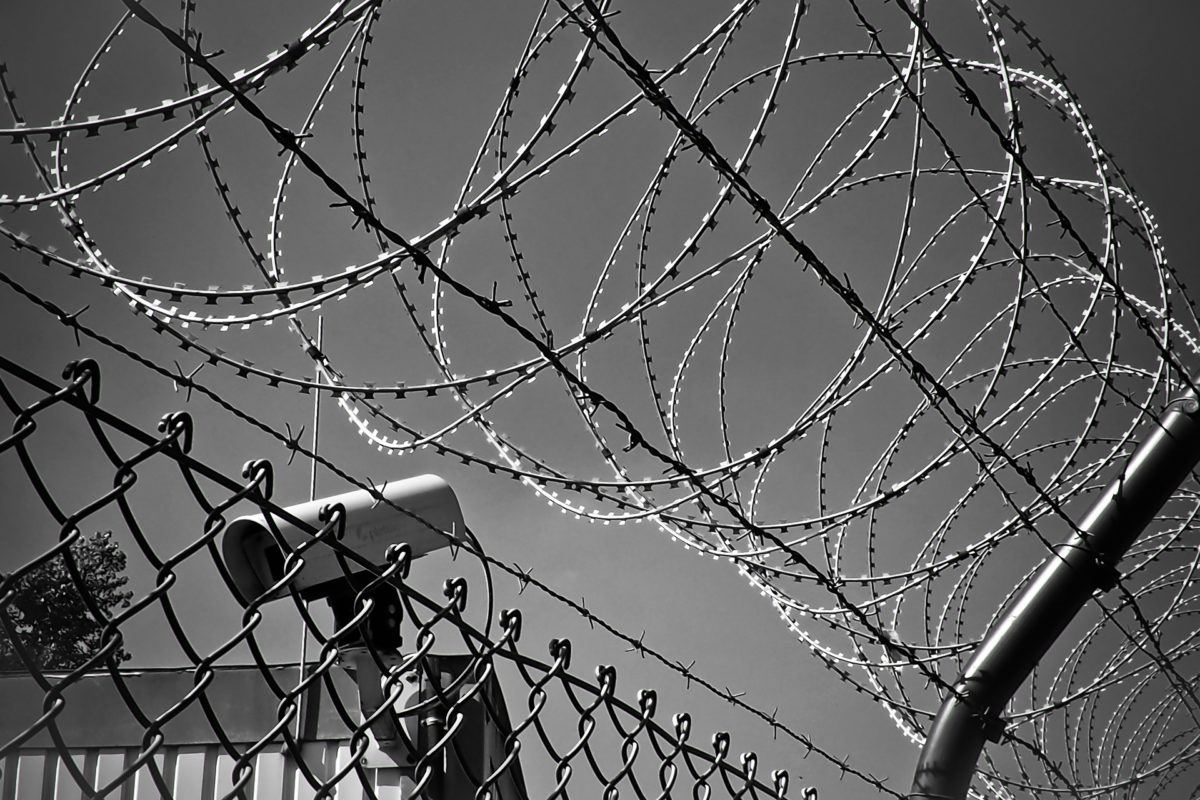
Barbed wire and a surveillance camera User 652243 via Pixabay Private Tech Surveillance Companies Are Taking Over Prisons by Nneka Ewulonu Incarcerated Americans are being watched like never before. Private American companies are rapidly digitizing prison mail. Some ankle-monitors can record whole conversations without people’s knowledge or consent. Most recently, at the end of last […]
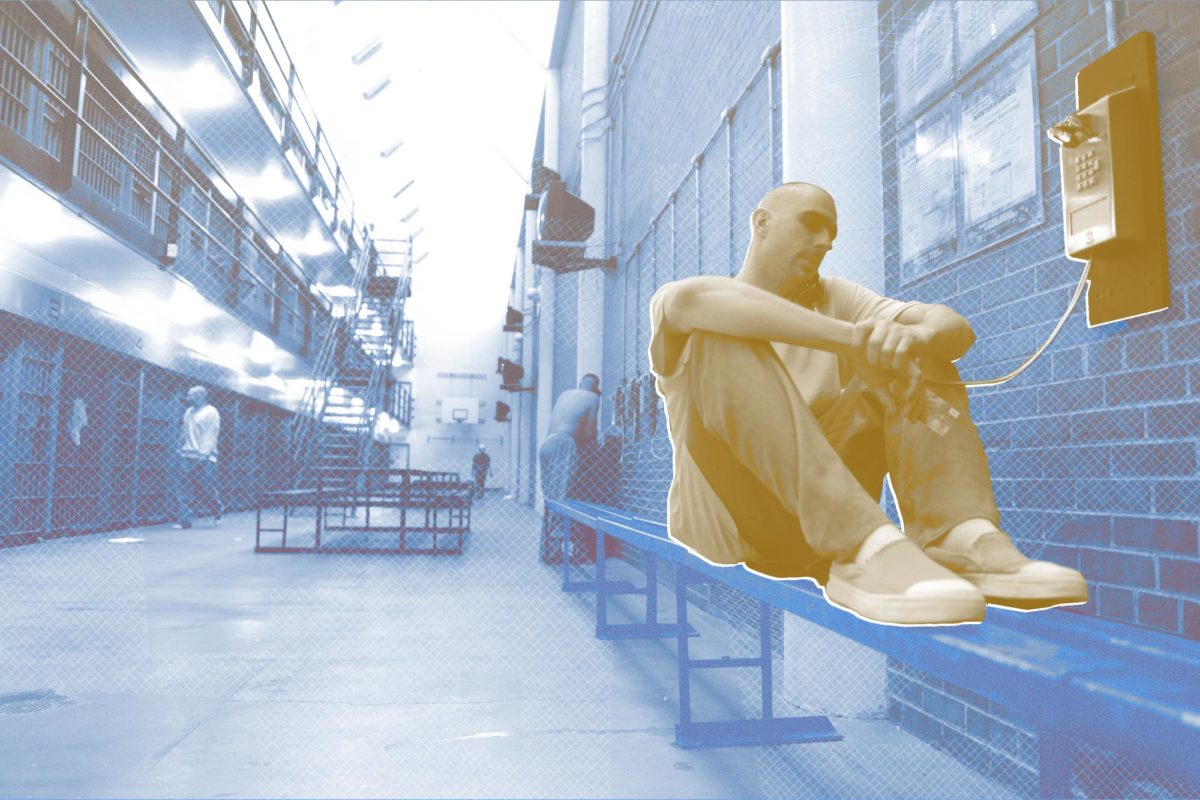
Telecommunications companies that serve prisons and jails, like Securus Technologies and Global Tel Link, are offering a limited number of free calls, but families say it’s not enough.
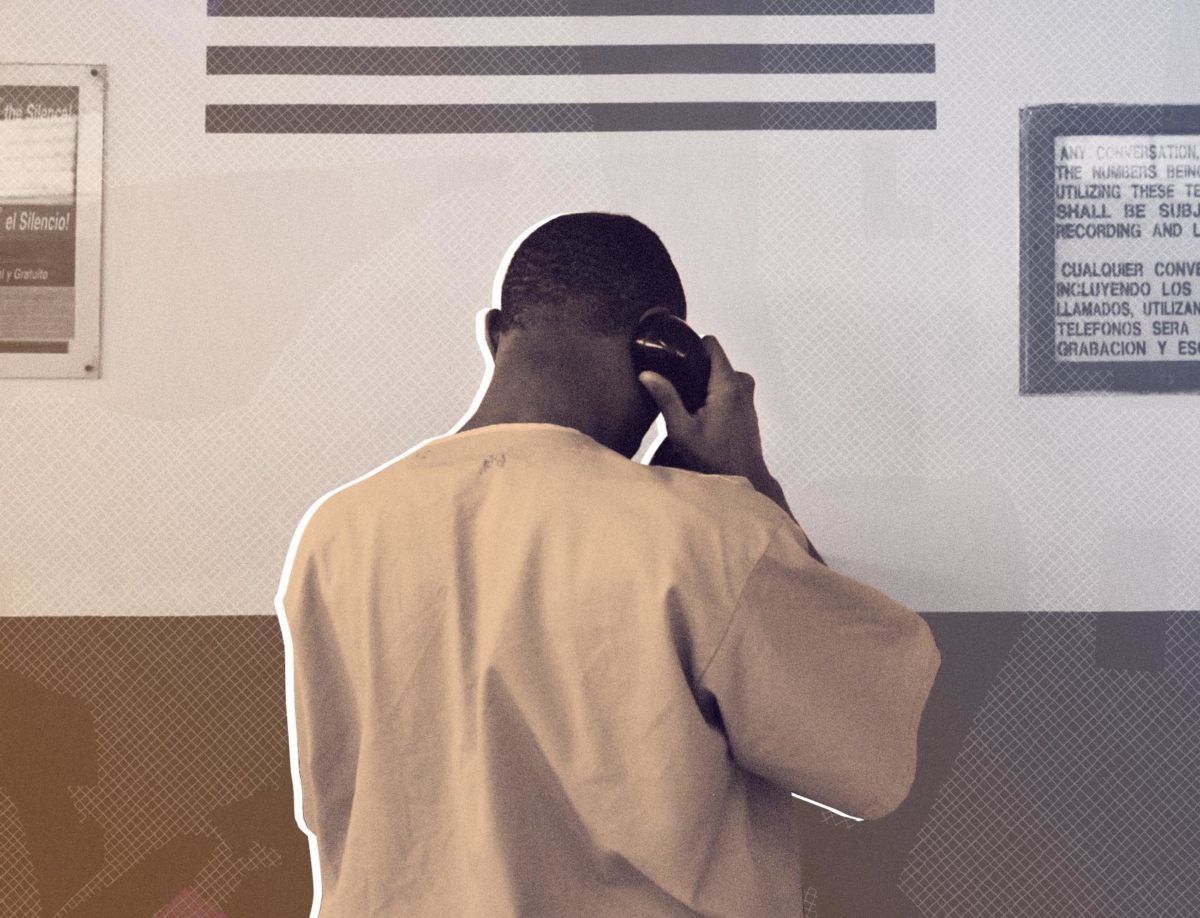
Neither agency had written policies on how to capture or store the location data without violating privacy rights.
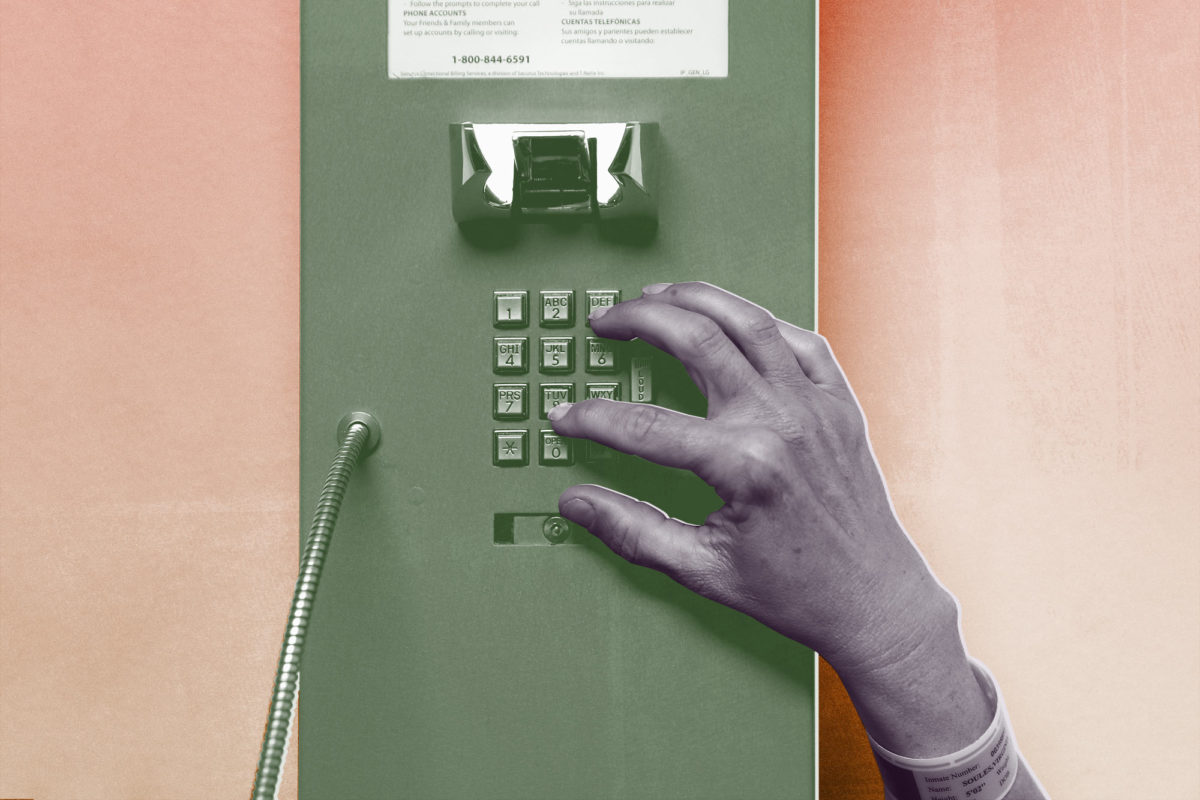
Phone calls between prisoners in Orange County and their lawyers were recorded and accessed. How wide the eavesdropping was remains an open question.
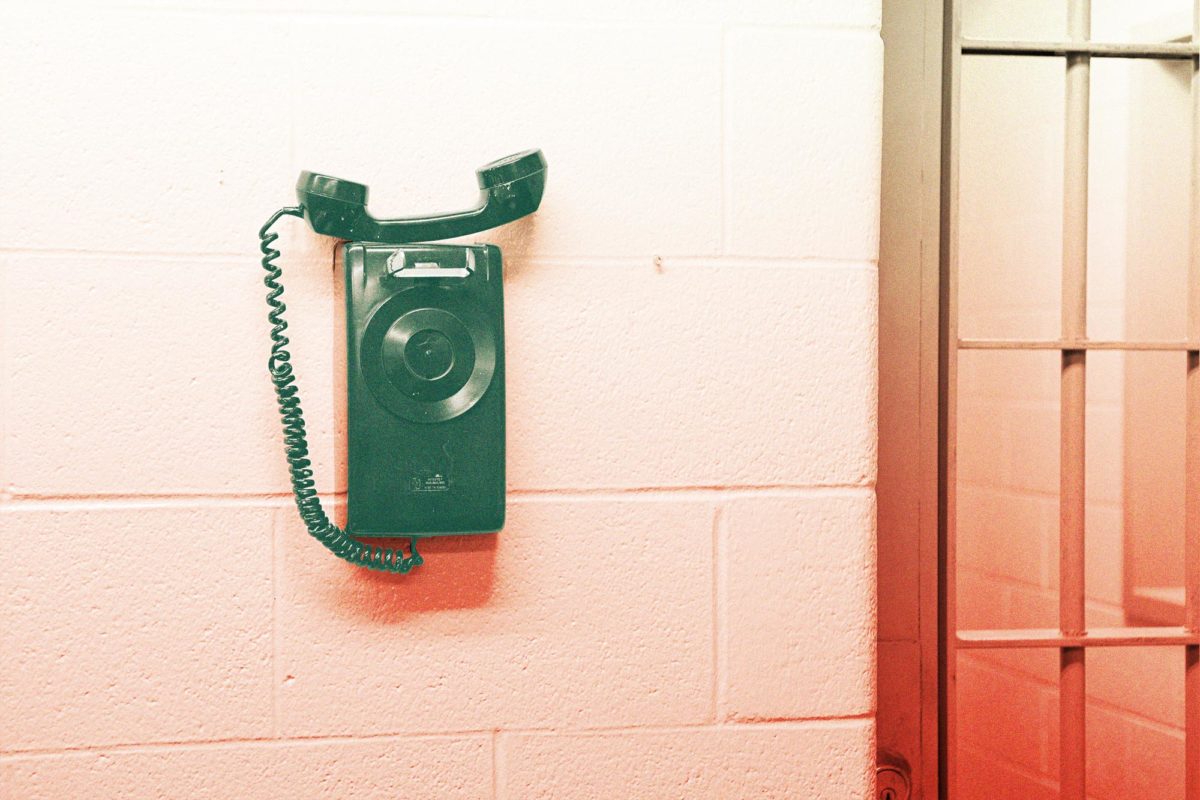
Beginning next week, people locked up in San Francisco will be able to call their loved ones for free. Last year, people in the city’s jails spent $1.7 million on phone calls and commissary, of which half a million went to GTL, a major corrections telecommunication company. For Mayor London Breed, who introduced the provision in the San Francisco […]

Defense attorneys say they were unaware of the practice and are unclear on how they can expunge the data of nonconvicted clients.
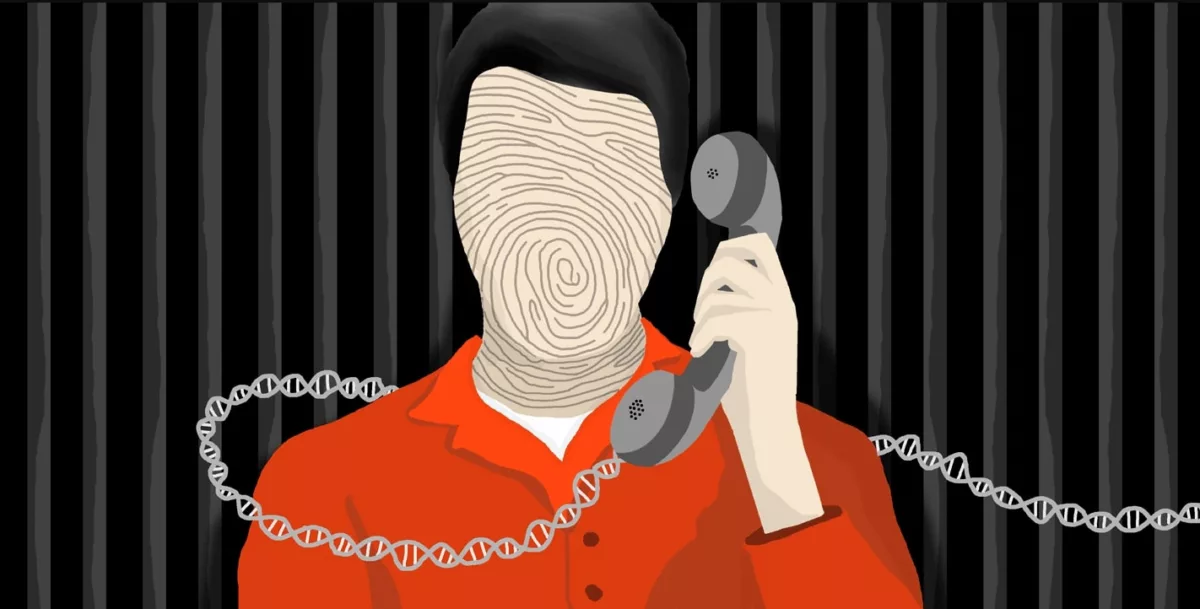
The technology also allows authorities to mine call databases and cross-reference the voices of individuals prisoners have spoken with.